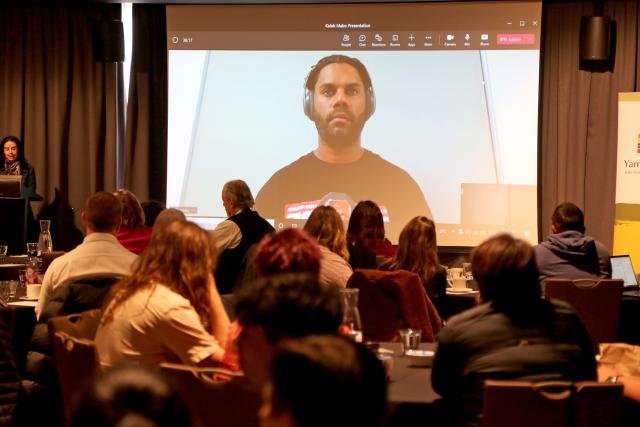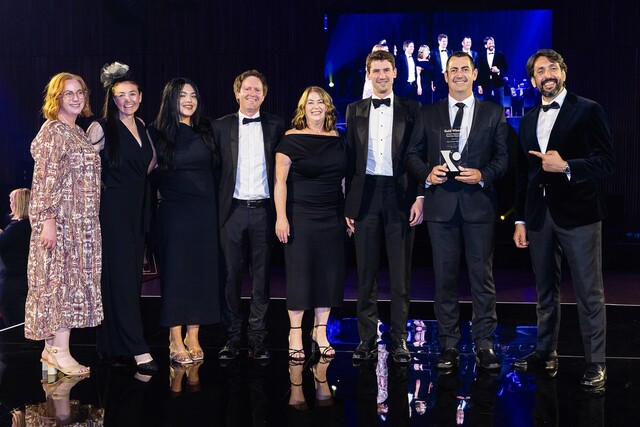Following the 30th anniversary of the historic Mabo decision earlier this year, there is now a renewed call to make Mabo Day (3 June) a national public holiday.
The Mabo family, National Native Title Council and Australians for Native Title and Reconciliation (ANTaR) are pushing for this change.
Mabo Day is a public holiday throughout the Torres Strait and in some Queensland communities.
Those driving the current campaign – including Dr Eddie Koiki Mabo’s grandson Kaleb – believe 3 June should be a day for both Indigenous and non-Indigenous Australians to recognise and celebrate the landmark decision on its anniversary each year.
“It was kind of an offhand comment that I made to a radio presenter,” Kaleb said.
“The day needs to be made more significant and given the respect it deserves, given it changed the history of this nation.
“When you look at all the public holidays we have in Australia, there aren’t any that recognise Indigenous work at all – or Indigenous people in general.
“I feel that’s pretty bad when First Nations people don’t have any day that’s significant to them.”
The petition on ANTaR’s website (tinyurl.com/mabopublicholiday), calling on the Federal Government to make June 3 a national public holiday, says: “Mabo Day is a day that legally identifies Aboriginal and Torres Strait Islanders as the ones to occupy Australia first.
“On the 30th anniversary of Dr Eddie Koiki Mabo’s High Court victory, we honour his achievement in restoring land rights for his people on the Island of Mer (Murray Island), that ultimately led to the national Native Title Act.
“We pay tribute to Mabo for setting us on a singular path to equally and respectfully inhabit this continent side by side.”
In an interview with Let’s Talk on Triple A Murri Country 98.9FM, Kaleb said making Mabo Day a public holiday would help to build the relationship between Indigenous people and the rest of Australia, as part of closing the gap.
“This would be the first step, saying ‘Okay, we acknowledge you as a people and we want this day to celebrate who you are and what your culture is and how long you’ve been here’,” Kaleb said.

















